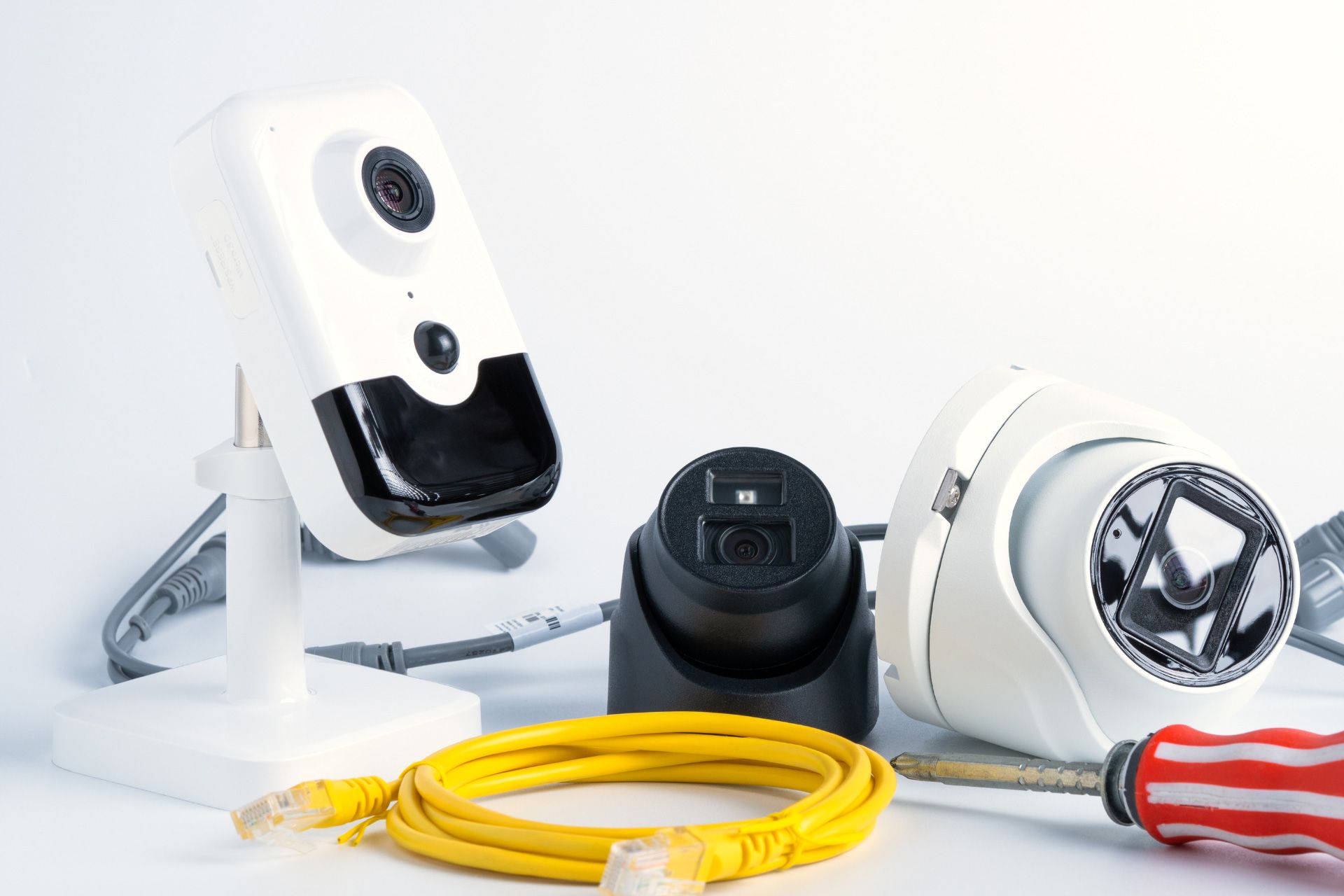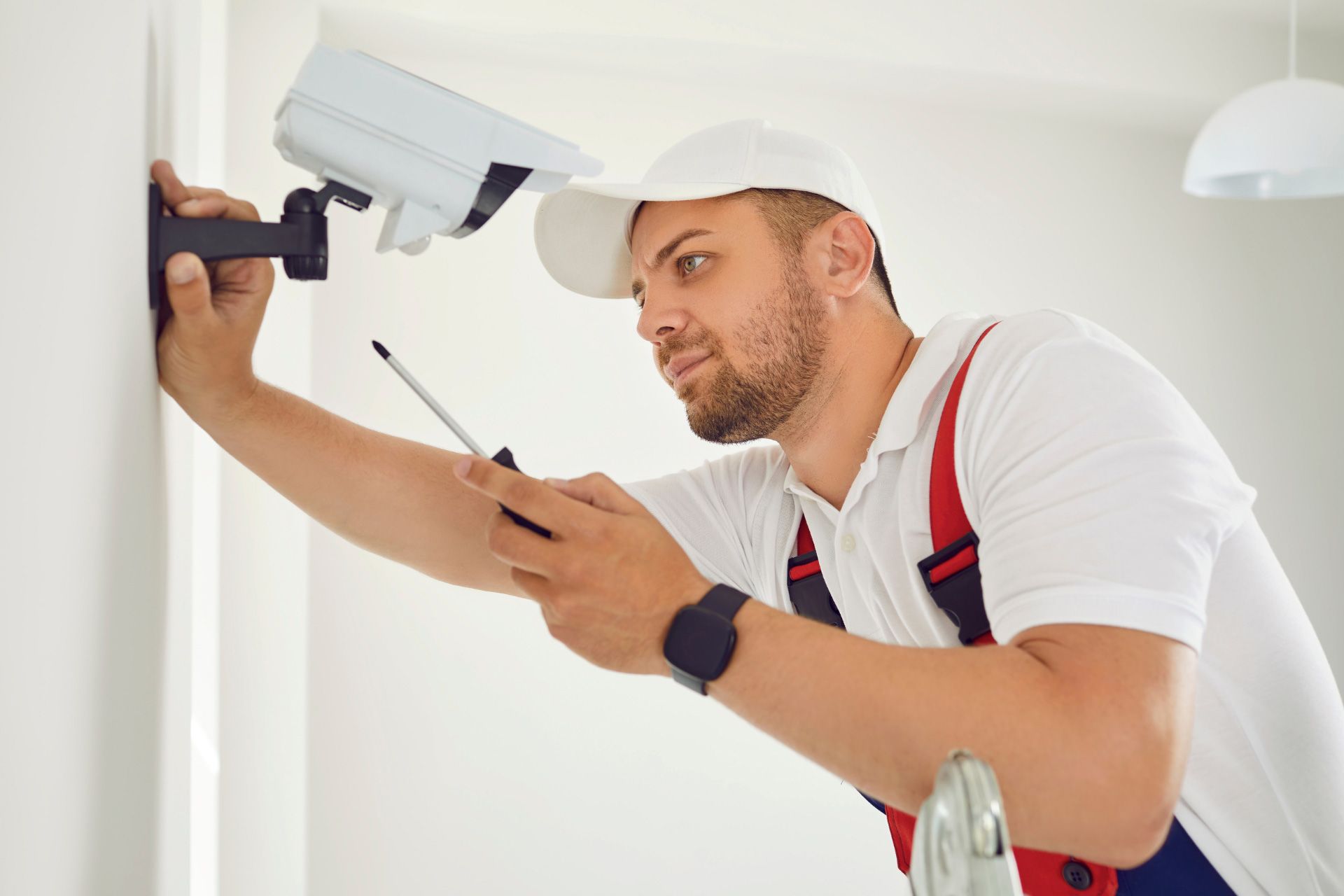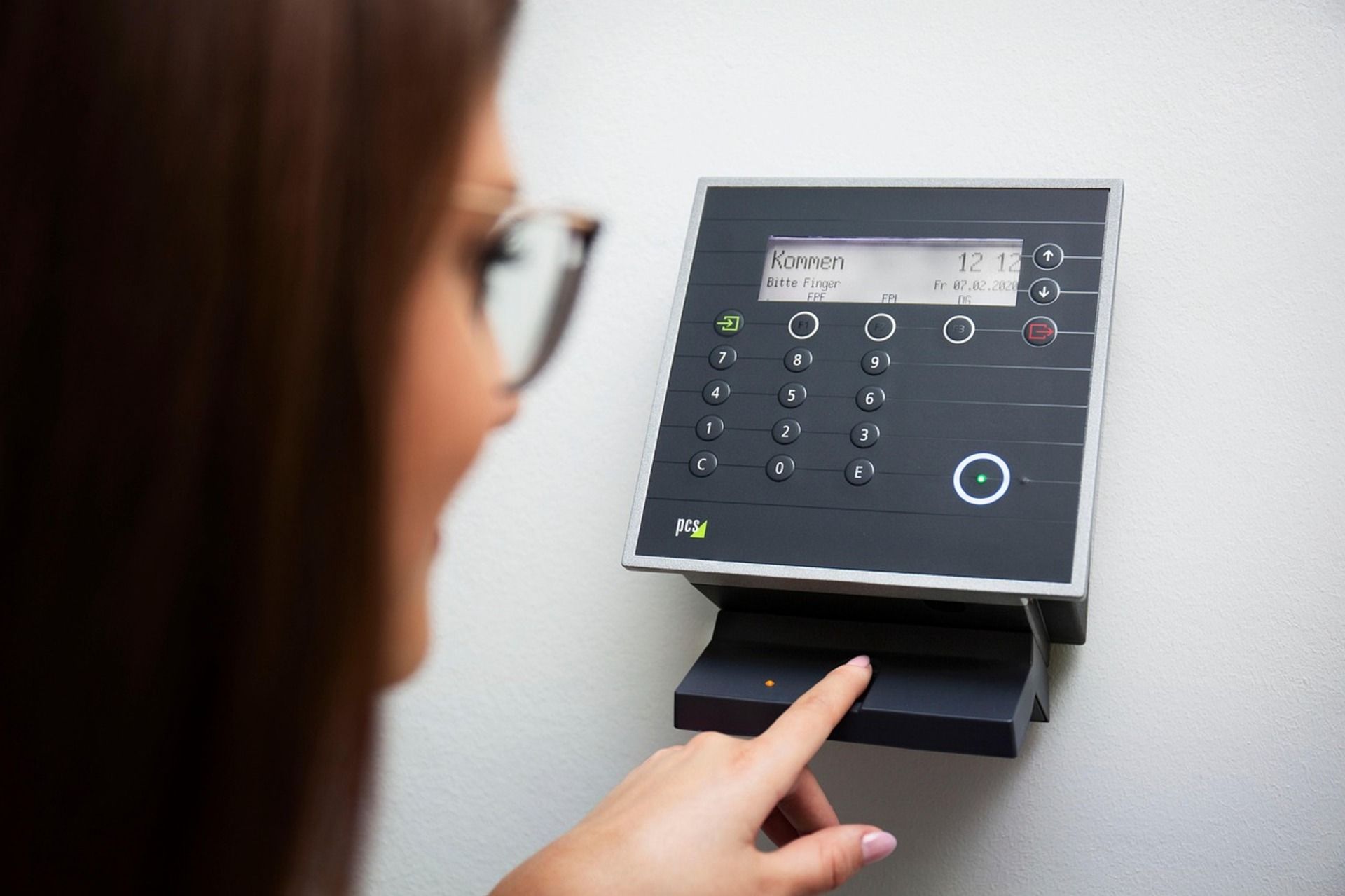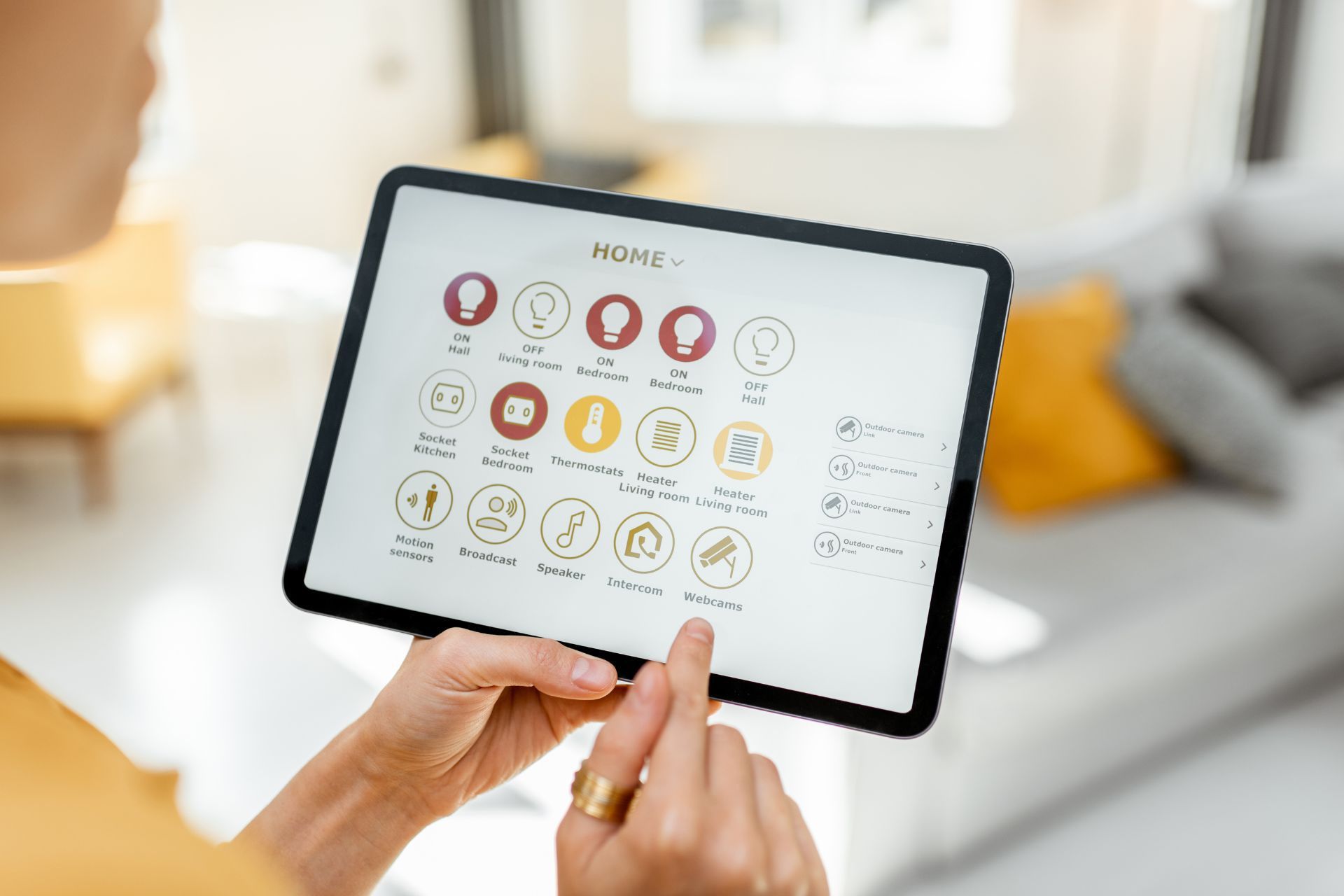How Long Do Security Cameras Keep Footage?
If you're considering investing in a security camera system, you might wonder how long do security cameras keep footage they capture. There's no single answer, as the retention time can vary significantly. Generally, though, security cameras keep footage for a few days to several months.
Several key factors influence how long does security footage last. Let's delve into each of these factors to help maximize your footage retention.
Where Does Security Camera Footage Get Stored?
Before diving into factors affecting how long do security cameras keep footage, let's explore where that footage is stored. There are a few options, each with its own advantages and disadvantages.
DVRs and NVRs
Mostly used in large-scale security camera systems, Digital Video Recorders (DVRs) and Network Video Recorders (NVRs) are physical devices that connect to your cameras and store surveillance camera footage on internal hard drives. DVRs are typically used with older analog cameras, while NVRs are used with modern IP cameras.
These devices offer large storage capacities and allow you to access and manage footage on-site. However, they can be expensive and vulnerable to physical damage or theft.
SD Cards
One way a security camera stores footage is through SD cards inserted in the camera itself. It’s a convenient option for smaller systems or individual cameras, but not for CCTV cameras because of its limited storage capacity. Once the card is full, it overwrites the oldest footage to make space for new recordings.
Cloud Storage
Cloud storage has become increasingly popular in recent years. It involves sending your camera footage to a remote server maintained by a third-party provider. This offers several benefits:
- Accessibility: Access your surveillance footage anywhere online using your computer or smartphone.
- Scalability: Easily increase your storage capacity by upgrading your cloud storage plan.
- Security: Cloud storage is generally more secure than on-site storage, as it's less vulnerable to physical damage, theft, or tampering.
However, cloud storage often involves recurring subscription fees, and you'll need a reliable internet connection. If your internet goes down, video surveillance cameras won’t upload footage to the cloud.
Hybrid Approach
Many modern security systems offer a hybrid approach, combining on-site and cloud storage. This gives you large capacity and local access from on-site storage, and the accessibility and security of cloud storage. For instance, you might store most of your footage on a local NVR and have critical events backed up to the cloud for added security.

Image Source:
Canva
Factors Affecting Footage Retention
Now that you understand the different storage options for your security camera footage, let's explore the factors influencing the answer to “How long does security footage last?”
Storage Capacity
This one is fairly straightforward: the more storage space you have, the more you can retain footage. If you're using on-site storage like a DVR or NVR, the size of the hard drive will determine how much footage you can store.
Larger hard drives naturally allow longer recording times. With cloud storage, your storage capacity depends on the plan you choose. Most providers offer various plans with different storage limits, so you can select which best meets your needs and budget.
It's also important to consider camera resolution and frame rate, since they affect file size. Higher resolution videos (e.g., 1080p vs. 720p) and higher frame rates (e.g., 30fps vs. 15fps) take up more storage space. If you need to store footage longer, consider adjusting these settings to conserve space or invest in a larger storage capacity.
Recording Settings
Answering “How long do security cameras keep footage?” also depends on how you configure your
business security cameras: continuous or motion-activated.
- Continuous Recording: Your cameras always record, regardless of activity; ideal for maximum coverage, but use up storage space more quickly.
- Motion-activated Recording: Only records when the camera detects motion; saves significant storage space, but events outside the camera's motion detection zone might be missed.
You can also set recording schedules for your
home security cameras, so they only record at specific times daily or weekly. Focus on periods you need coverage the most, such as nighttime or when your home is unoccupied, to help conserve storage.
Camera Type
Even if you have the
best indoor camera with continuous recording, the type of camera you choose can also affect its answer to “How long does security footage last?”
- Basic security and doorbell cameras typically have limited storage options, often relying on smaller SD cards with limited capacity.
- More advanced cameras may have larger built-in storage or support for external hard drives to store video footage.
- Wireless cameras often have less storage capacity than wired cameras, as they rely on internal storage or cloud connectivity, which can be limited by bandwidth and subscription plans.

Image Source:
Canva
Optimizing Footage Retention
Although storage capacity is a major factor in answering “How long do security cameras keep footage?” you can optimize your system to maximize your available storage space.
- Motion Detection:
If available, enable motion detection so your cameras only record when there's activity. This saves space, especially in low-traffic areas. Configure settings to avoid missing events. Adjust sensitivity and define activity zones to focus on key areas.
- Video Compression: Compression techniques maximize storage. Modern cameras use codecs like H.264 or H.265 to compress video without sacrificing quality. These codecs reduce file size, allowing you to store more.
- Cloud Storage: Cloud storage offers scalability, increasing capacity as needed. It often includes video analytics and intelligent search, making finding specific events easier. Cloud storage provides redundancy and backup, protecting most security camera footage even if your local storage fails. Use these features when necessary.
- Regular Maintenance:
Maintain your system for optimal performance. Regularly check cameras and storage devices for issues like dust, loose connections, or needed updates. Ensure hard drives function correctly and have enough space. Schedule periodic checks with a professional provider like PasWord Protection.
Protect Your Home and Business with PasWord Protection
Worrying about “How long do security cameras keep footage?” should be the last thing on your mind about security systems. The right security camera solution always has the right video file when needed.
PasWord Protection understands the importance of protecting your loved ones and your investment.
With over 60 years of experience, we provide customized solutions, a proactive approach, and 24/7 monitoring to offer unparalleled peace of mind. Choose the right cameras and storage solutions for your needs through our expert guidance.
Our team designs systems tailored to your recording and security requirements, and installs them professionally for optimal performance. With PasWord Protection, you also get ongoing support and maintenance keeping your system functioning flawlessly.
Contact PasWord Protection today for a free consultation.






